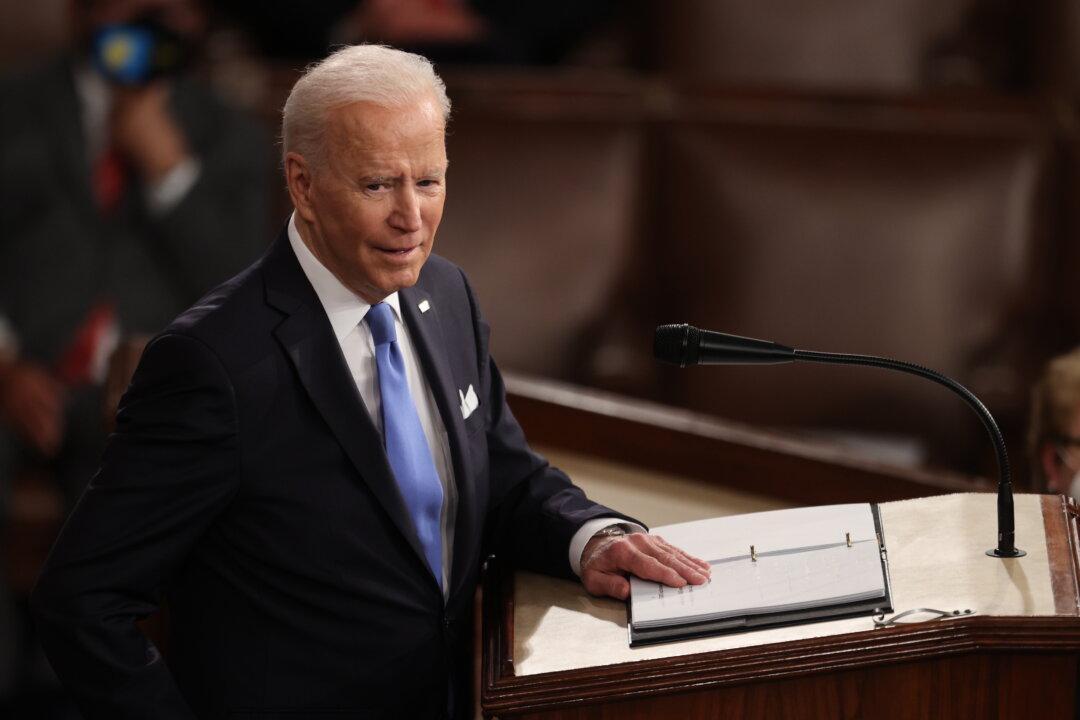Commentary
“We’re in a competition with China and other countries to win the 21st century,” President Biden told a joint session of Congress on April 28. The speech was panned by a jaundiced writer in the New York Times as oversimplified. But he got that wrong. Democracy is in an existential competition, if not conflict, with China. And Biden knows it.





